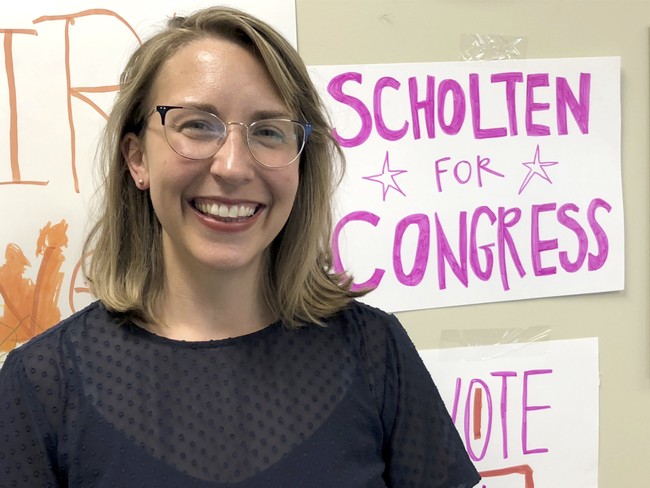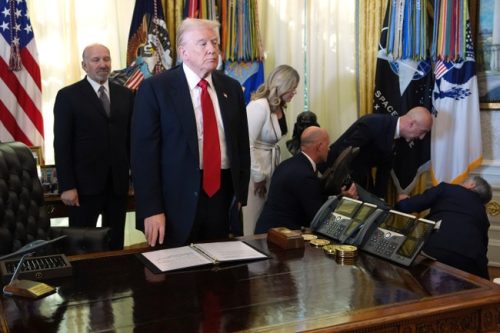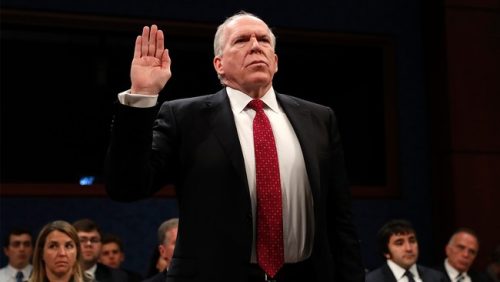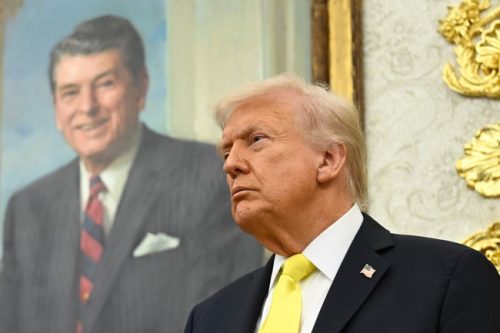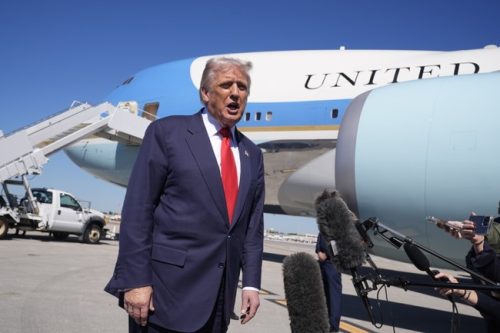This piece breaks down the Schumer Shutdown fight over SNAP benefits, why Democrats are getting squeezed on messaging, and how one comment from Rep. Hillary Scholten crystallized the debate for critics. It looks at how the shutdown and the handling of emergency funding have fueled a backlash and tracks the online reaction that followed. The focus stays on the politics of funding, the language used by lawmakers, and what that means for families waiting on benefits.
Democrats are scrambling to pin the blame on Republicans as the shutdown drags on, but the facts are plain: Senate leadership controls the floor and continues to block agreement. That reality matters because it determines whether emergency SNAP dollars get released. While accusations fly, the work of passing funding falls to those in charge.
The press has tried to shape the story, sometimes awkwardly highlighting examples that do more harm than good for the narrative they’re pushing. Journalists have picked the absolute worst ‘victims’ to highlight, which only makes the coverage feel tone-deaf. That mismatch between message and messenger is a political liability for the party that started the shutdown.
Democratic leaders even admitted they were using policy cuts as leverage in negotiations, which is a blunt admission to punting people’s needs for political gain. That tactic looks worse when families are waiting for benefits. It’s no surprise critics have seized on that phrasing and run with it.
I have a message for President Trump: the money you are withholding from the SNAP program is not yours to withhold. It belongs to the American taxpayers.
Release the funds now. pic.twitter.com/YCiyNk2arK
— Congresswoman Hillary Scholten (@RepScholten) November 5, 2025
Now Representative Hillary Scholten stepped into that fire with a remark about ownership of government funds. “Mr. President, I have a word for you directly: This is not your money—this is the money of United States taxpayers, specifically allocated for emergencies such as this—release those funds and allow it to flow to the families in need,” Rep. Scholten said. Many readers heard what she said and wondered whether Democrats really want to hand control of emergency assistance to the public.
On one level, she’s right that the funds come from taxpayers. On another, the politics of claiming “taxpayers’ money” while opposing public oversight or policy changes that reflect voters’ priorities feels inconsistent. Critics point out that many SNAP recipients pay little to no federal income tax, which complicates the claim in practical terms. The contrast between rhetoric and reality is what opponents have amplified.
Online reaction piled up fast, and clips of the exchange circulated with pointed captions. Our point exactly. That, too. It does not belong to anyone but the people who earned that money and paid those taxes.
The pushback kept coming: social posts and commentators reminded viewers that voters have a say in how government funds are spent. We get a vote in this, too, Rep. Scholten. Yes. More than a dozen times, too.
That reaction explains why the misstep looks especially damaging: people see a disconnect between lawmakers’ words and their actions. When elected leaders talk about ownership of money, voters notice whether those same leaders support transparency, spending limits, or reform. The optics matter in a fight so tied to pocketbook issues.
This is not the first time Democrats have leaned on the “it’s our money” line. Earlier this year similar language surfaced around Social Security, when other lawmakers argued the program’s trust should be treated as personal funds. The claim sounds simple, but the policies that govern benefits and trust funds are complex and controlled by Congress. That gap between slogan and structure is exactly what opponents are pointing to.
Editor’s Note: The Schumer Shutdown is here. Rather than put the American people first, Chuck Schumer and the radical Democrats forced a government shutdown for healthcare for illegals. They own this.
Families still waiting on SNAP will be watching how the standoff resolves, and political consequences are likely to follow for the party that keeps funding locked up. The debate over who controls federal dollars and how they are spent is now center stage, and the comments lawmakers make will continue to shape public opinion.

